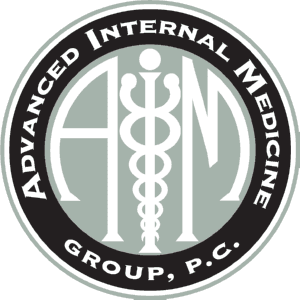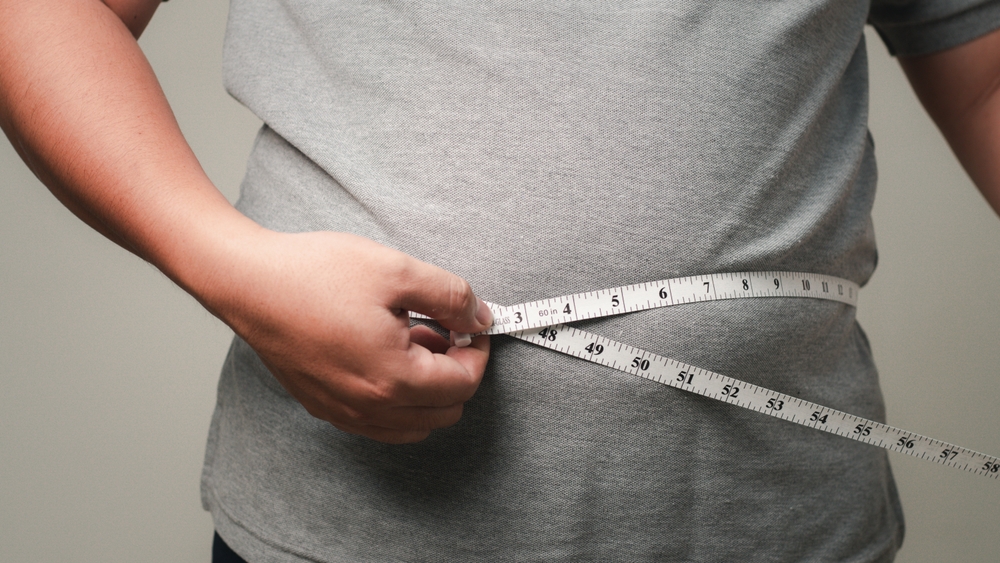In today’s world, diet culture is an ever-present force that subtly and overtly influences our daily lives. It permeates social media, marketing, and even conversations among friends and family. But what exactly is diet culture, and how can we rise above its often detrimental impact on our health and well-being?
Understanding Diet Culture
Diet culture can be defined as a societal obsession with weight loss and a specific body type, often tied to the pursuit of thinness as a standard of health and worth. This culture promotes restrictive eating, constant dieting, and a fixation on achieving a so-called ideal body shape. It is fueled by various factors, including media portrayals of beauty, unrealistic fitness trends, and pervasive diet advertisements.
Diet culture often manifests through:
1. Unrealistic Beauty Standards: Media and advertising frequently promote a narrow standard of beauty, celebrating only certain body types and sizes. This creates an environment where people feel pressured to conform to these standards, often leading to unhealthy eating behaviors and negative self-perception.
2. Restrictive Dieting: Many diets emphasize strict rules, including eliminating entire food groups or severely reducing calorie intake. This approach can lead to a cycle of deprivation and binging, which not only affects physical health but can also damage mental and emotional well-being.
3. Weight Stigma: Diet culture often equates thinness with health and success, while stigmatizing larger bodies. This stigma can result in discrimination, lower self-esteem, and mental health challenges for those who do not fit the “ideal” body type.
4. Marketing Exploitation: The diet and fitness industries capitalize on the desire for quick fixes, offering products and programs promising rapid weight loss. These solutions often lack scientific backing and can contribute to a harmful cycle of trying and failing.
The Impact of Diet Culture
The effects of diet culture are far-reaching and can negatively impact individuals in various ways:
- Physical Health: Restrictive diets and extreme weight loss measures can lead to nutritional deficiencies, metabolic issues, and disordered eating patterns. These health concerns can have long-term effects on overall well-being.
- Mental Health: Constant exposure to diet culture can contribute to anxiety, depression, and body dysmorphia. The pressure to achieve an unrealistic body standard can erode self-esteem and foster unhealthy relationships with food.
- Social Impact: Diet culture can create division and judgment based on body size, leading to social stigma and exclusion. It can also strain relationships, as people may feel ashamed or judged for their eating habits or body shape.
Rising Above Diet Culture
Overcoming the influence of diet culture requires a conscious effort to reshape our perspectives on health and body image. Here are some strategies to help you rise above it:
1. Focus on Health, Not Weight: Shift your focus from weight loss to overall health and well-being. Emphasize balanced nutrition, regular physical activity, and mental wellness rather than chasing a specific number on the scale.
2. Practice Intuitive Eating: Intuitive eating encourages listening to your body’s hunger and fullness cues rather than following rigid dietary rules. This approach helps you build a healthier relationship with food by fostering mindfulness and self-compassion.
3. Challenge Media Messages: Be critical of media portrayals of beauty and health. Recognize that images and advertisements are often edited and do not reflect the diversity of real bodies. Surround yourself with media and influencers that promote body positivity and inclusivity.
4. Educate Yourself: Learn about the science of nutrition and health from reputable sources. Understanding how your body functions and what it needs can empower you to make informed choices that support your well-being.
5. Seek Support: If diet culture is impacting your mental health or relationship with food, consider seeking support from a healthcare professional, such as a registered dietitian or therapist. They can provide guidance and strategies to help you navigate these challenges.
6. Promote Body Positivity: Embrace and celebrate body diversity. Support and uplift others in their journey towards self-acceptance and challenge stereotypes that perpetuate diet culture.
7. Engage in Self-Care: Prioritize activities that nourish your mind and body. Engage in hobbies, practice mindfulness, and foster positive relationships that contribute to your overall happiness and health.
AIM Group Offers Primary Care & House Calls In East Hills, NY
Diet culture can have a profound impact on our health and self-esteem, but by understanding its influence and actively working to rise above it, we can create a more balanced and compassionate approach to health and wellness. Embracing a holistic view of well-being that prioritizes self-care, body positivity, and informed choices can help us break free from the constraints of diet culture and lead healthier, more fulfilling lives.
At Advanced Internal Medical Group in East Hills, NY we have 40 years of experience providing care with over 20 services in primary care, house call appointments, and more. To learn more about any of our services, call 516-352-8100 to speak with one of our team members.

